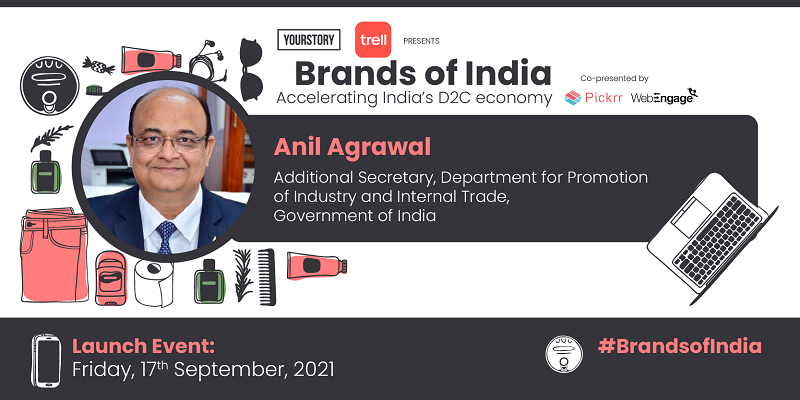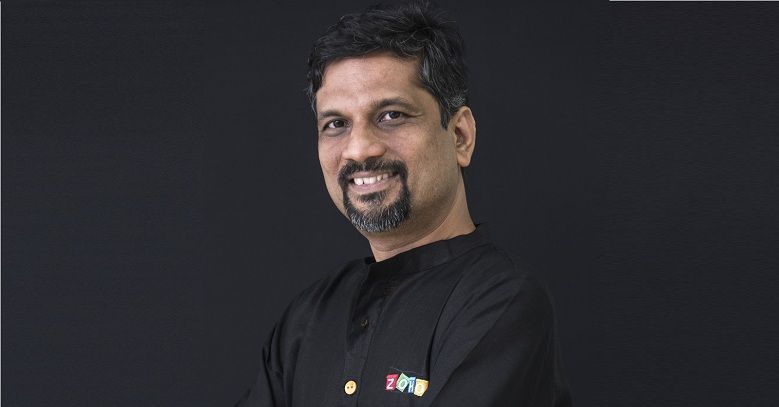How SmartPlay Technologies thrived in the semiconductor industry during recession

SmartPlay Technologies is an established design services company with expertise in digital, analog, wireless software and system design. With design centers in Bangalore, Chennai, Hyderabad, Noida, San Jose, San Diego and Singapore, the company has emerged as one of the fastest growing technology services company in the world. The company has 1100+ employees worldwide and in 2012, was also ranked as the second largest VLSI design services company in India.
SmartPlay had delivered leading edge projects across North America, Asia and Europe regions. SmartPlay is an ISO certified company and has also expanded its sales presence in the UK, France, Israel, Korea and Japan.
SmartPlay has been rated among the Top 5 semiconductor companies in the Silicon India SI100 list in 2010, 2011 and 2012. They were also ranked as the second largest VLSI design services company in India. Recently, they were also awarded the ‘Best Electronic System Design Company – Start Up’ at the Mentor Graphics & Silicon India Leadership Awards for Embedded / VLSI industry.
YourStory interacted with Pradeep Vajram, President & CEO, SmartPlay Technologies, to find out more.

Pradeep Vajram brings to SmartPlay over 20 years of semiconductor industry experience having executed, at all levels of responsibilities in design and development of application-specific integrated circuit (ASIC) products. Prior to SmartPlay, Pradeep was the VP of Engineering at Qualcomm, heading the Indian semiconductor division at Bangalore. Under his leadership, Qualcomm Bangalore Design Center developed as a strong center of excellence and delivered multiple products successfully. Pradeep Vajram is a key member of Spike Acquisition team that helped to setup the Bangalore Design Centre (India) for Qualcomm.
Beginnings
After attaining an MS degree, Pradeep started his career at LSI Logic in the US and worked at the company for five years. He also held managerial and engineering positions with LSI Logic Corporation, Milpitas, CA.
In 1993, Pradeep came to India to set up an authorized design center for LSI Logic. He worked at it for a year and then felt that there was an opportunity to start a company in India focussed on chip design services.
In the early 1990s lot of software companies were coming up, gaining a lot of momentum and outsourcing, so Pradeep decided that he should do the same for chip design which was his expertise field.
Spike Technologies
In 1994, Pradeep joined hands with a friend and started Spike Technologies with headquarters both in the US and India. They kept oscillating between these two countries to take care of business.
They worked at it for 10 years with about 200 employees and the same set of customers. The company’s main focus was on chip design activities. By then, Spike Technologies was a leading global chip design services company and was responsible for Worldwide Engineering & Operations – US, India and Canada.
Spike Technologies received acquisition proposals from the year 2000 onwards. Then finally, Qualcomm acquired them in 2004. Pradeep became part of Qualcomm, heading the semiconductor division and worked there for three-and-a-half years.
Starting up for the second time!

After three-and-a-half years in Qualcomm, the entrepreneur in Pradeep wanted to embark on another adventure. He wanted to focus more on software and system level integration, build verticals and focus on niche areas for any electronic system. They didn’t want to get into banking and other areas as they wanted to focus on niche areas where they had the expertise.
SmartPlay’s journey began in 2008 with the intention of providing end to end niche designs, services in the electronic industry, mainly for system designing.
The company focussed on four verticals: Logic Design, Analog Design, Software and System Design. Once the company mastered these areas, they set the next target as looking at end to end design solutions for electronic systems.
Their main focus was predominantly on the connected cars, mobility, and healthcare. The company has been growing ever since and currently has over 1170 employees all over the world. They have many global customers like Qualcomm and Intel which come to them for both hardware and software solutions.
Thriving in the recession period
When the global recession hit, folks around him were panicking. Pradeep believed that even the most difficult of problems and situations can be solved with the right plan and execution.
So in 2009, Pradeep thought to himself , “Forget about shrinking, how do we grow in this environment?” Only two or three people in the senior management were involved in the discussion and they outlined a plan. “Being a small, new company in a recession how do we attract customers?” was the question that they needed to answer.
Here is how SmartPlay did it.
Stay one step ahead of the competition
By the time bigger companies thought and realized about a solution to a problem, SmartPlay had already implemented and executed it. This needed agility, quick thinking and fast response times to stay one step ahead of the competition.
Internal changes but no layoffs
Budgets with customers were cut and the company needed to adopt the new cost model. So the company made several internal changes.
They decided not to layoff any employees but instead the top management decided that they would take the minimal possible salary. The logic behind this move was that there is no point in penalizing employees and demotivating them by laying off some of them.
They decided that they would also not differentiate between billing and non billing employees. But they would cut salaries 15% across the board. This would save the overall cost of running the company and this could be utilized in serving customers.
Happy employees
In most companies, employees had to sit idle with no pay, while at SmartPlay business was good and employees were getting good pay and exciting work. New employees were also happy to join the company.
Also SmartPlay decided that for employees who were earning less than four lakhs per annum, they would not deduct salaries at all.
They also assured their employees that the 15% cut would be given back to them soon, and as promised the employees were paid back after the company turned profitable.
In the toughest environment, the company grew; balancing business goals, setting realistic goals, and taking care of employees.
Smooth sailing 2010 onwards
As the economy started improving, the situation began to improve and they were also able to step up their bill rates and retain their customers. The company did face different challenges every year but after conquering the recession, everything else was manageable.
The company grew in size and strength steadily to 200 -250 and then to its current strength of 1170 employees.
While scaling up, the company realized the value of having a proper structure and the importance of mid level management, which they initially lacked and did not need in the initial stages.
At the end of the day the company was employee focussed, driven top down. The company was able to preserve the company culture too. They had an open door culture with no hierarchy. Anyone could come and talk to anyone. It was an extremely flexible environment. Anybody could walk in and give suggestions to even the senior board members.
Collaboration with Intel Custom Foundry
SmartPlay recently announced that they were now ready to offer design services to customers of Intel Custom Foundry that require expertise, know-how and unique IP in critical embedded applications. SmartPlay will provide support in System on a Chip (SoC) implementations and will offer turnkey services ranging from RTL/Netlistto GDSII. This also establishes SmartPlay as a key player in the Intel Custom Foundry ecosystem committed to delivering world class SoC design services.
SmartPlay has shared a successful three-year relationship with Intel Custom Foundry, and has efficiently delivered numerous projects for them such as test chip development platform (architecture to GDSII), DDR3/4 PHY verification and layout of Analog IPs along with the participation in various customer tape-outs on Intel Custom Foundry’s 22nm and 14nm platforms. Design services offered by SmartPlay have been extremely useful in reducing time-to-market for customers of Intel Custom Foundry.
Speaking on the strategic value of the relationship, Pradeep Vajram, President & CEO of SmartPlay, said, “The increasing complexity, interface, and functionality of SoCs have brought about many challenges in building highly-integrated systems. SmartPlay’s design services are aimed at enabling companies to reduce time-to-market, increase efficiency and perform better and faster. Being chosen by Intel Custom Foundry to collaborate on design services for its customers is a reflection of SmartPlay’s ability to handle complex designs. SmartPlay has been working successfully with Intel Custom Foundry for over three years and the announcement of this collaboration is a further step towards a long and fruitful association.”
Ali Farhang, Vice President, Technology and Manufacturing Group, Director of Design and Enablement Services, Intel Custom Foundry, added, “We have enjoyed a strong collaborative relationship with SmartPlay for the past three years, allowing us to rapidly ramp and optimize our development platforms on our 22nm and 14nm technologies. SmartPlay has become a key design service provider in our ecosystem, and we look forward to continuing this collaboration to accelerate our customers’ time to market using Intel’s leading-edge silicon manufacturing technologies.
This is the end of Part 1, Stay tuned for Part 2 of the article where we discuss more with Pradeep Vajram about the Startup Scene in India and the US, and challenges that hardware startups face and more.











